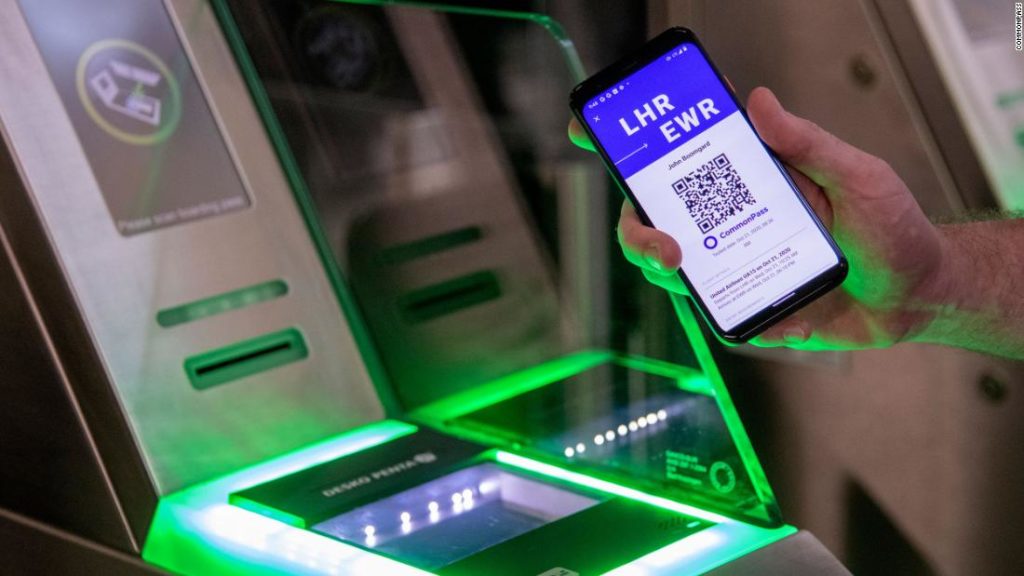Several companies and technology groups have begun developing smartphone apps or systems for individuals to upload details of their Covid-19 tests and vaccinations, creating digital credentials that could be shown in order to enter concert venues, stadiums, movie theaters, offices, or even countries.
In an effort to address one challenge around returning to normalcy after vaccines are distributed widely, developers may now have to confront other challenges, ranging from privacy issues to representing the varied effectiveness of different vaccines. But the most pressing challenge may simply be avoiding the disjointed implementation and mixed success of tech’s previous attempt to address the public health crisis: contact tracing apps.
“If we’re successful, you should be able to say: I’ve got a vaccine certificate on my phone that I got when I was vaccinated in one country, with a whole set of its own kind of health management practices… that I use to get on a plane to an entirely different country and then I presented in that new country a vaccination credential so I could go to that concert that was happening indoors for which attendance was limited to those who have demonstrated that they’ve had the vaccine,” said Brian Behlendorf, executive director of Linux Foundation.
“It should be interoperable in the same way that email is interoperable, the same way that the web is interoperable,” he said. “Right now, we’re in a situation where there’s some moving parts that get us closer to that, but I think there’s a sincere commitment from everybody in the industry.”
“For us it’s [about] how that digital credential can be stored, can be presented, not only through smartphones but also in other ways for those people who don’t have access to stable internet and also who don’t own smartphones,” said Lucy Yang, co-lead of the Covid-19 Credentials Initiative. “We’re looking into it, and there are companies who are doing really promising work.
Once they build a vaccine passport, companies will need to make sure people are comfortable using it. That means confronting concerns about the handling of private medical information.
CommonPass, IBM and the Linux Foundation have all stressed privacy as central to their initiatives. IBM says it allows users to control and consent to the use of their health data and allows them to choose the level of detail they want to provide to authorities.
With vaccines manufactured by multiple companies across several countries in varying stages of development, there are a lot of variables that passport makers will need to account for.
It’s also unclear how effective the vaccines are in stopping the transmission of the virus, says Dr. Julie Parsonnet, an infectious disease specialist at Stanford University. So while a vaccine passport app will show that you’ve received the shot, it may not be a guarantee that you safely attend an event or get on a flight.
“We still don’t know if vaccinated people can transmit infection or not,” she told CNN Business. “Until that is clarified, we won’t know whether ‘passports’ will be effective.”
Still, Behlendorf anticipates that the rollout and adoption of vaccine passports will happen rather quickly once everything falls into place and expects a variety of apps that can work with each other to be “widely available” within the first half of 2021.
“Rest assured, the nerds are on it,” he said.
You may also like
-
UK coronavirus variant has been reported in 86 countries, WHO says
-
NASA technology can help save whale sharks says Australian marine biologist and ECOCEAN founder, Brad Norman
-
California Twentynine Palms: Explosives are missing from the nation’s largest Marine Corps base and an investigation is underway
-
Trump unhappy with his impeachment attorney’s performance, sources say
-
Lunar New Year 2021: Ushering in the Year of the Ox

